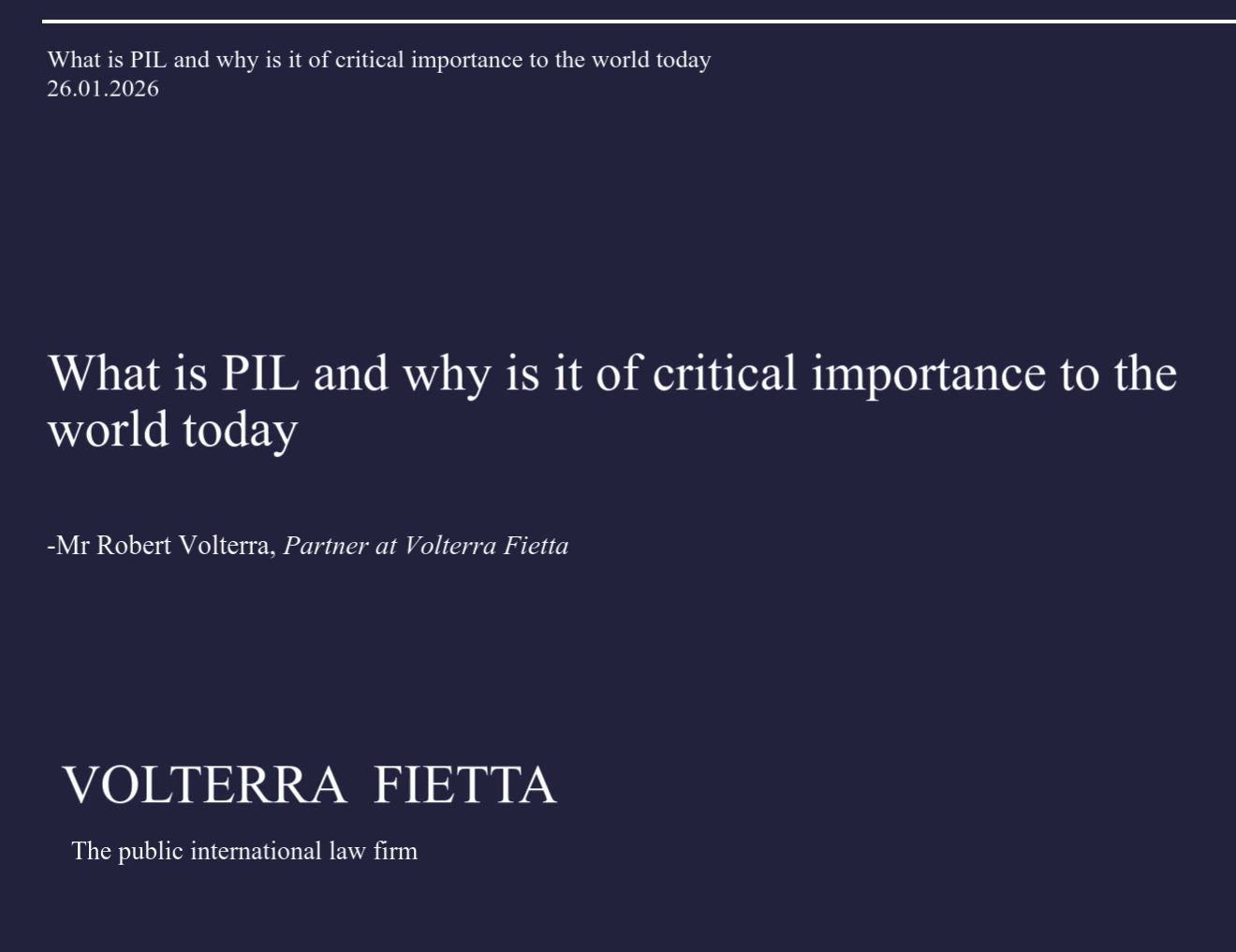On 2 August 2024, in a historic and closely watched vote, States around the world elected Brazilian oceanographer and environmental regulator Leticia Carvalho as Secretary-General of the International Seabed Authority (the “ISA”).
Ms Carvalho will assume leadership at a critical time for the deep seabed mining sector, as the sector rapidly approaches a new era of deep seabed mining exploitation. She will assume her four-year term as Secretary-General in January 2025, having garnered nearly 70 per cent of votes.
What is the International Seabed Authority?
Based in Kingston, Jamaica, the ISA regulates all mining activities in the international seabed beyond the limits of national jurisdiction. It is an autonomous international organisation established under the United Nations’ major oceans treaty, the 1982 United Nations Convention on the Law of the Sea (“UNCLOS”). Often referred to as the “constitution of the oceans”, UNCLOS enjoys near-universal membership of some 170 Parties. All State Parties to UNCLOS are automatically members of the ISA.
Through the ISA, the State Parties organise and control mineral resources activities in the international seabed for the benefit of humankind as a whole. No deep seabed mining activities, whether exploration or exploitation, can take place in the international seabed without licensing from the ISA.
A closely watched leadership election
The recent election was a rare occasion in the ISA’s history on which the position of Secretary-General had been contested through a formal vote. The contest for the position of Secretary-General took place between Ms Carvalho and the incumbent Mr Michael Lodge of the United Kingdom, who has served as Secretary-General since 2016. Mr Lodge, who first joined the ISA in 1996, was nominated by Kiribati for a potential third term.
Ms Carvalho was elected following a secret ballot, in which she gained 79 to Mr Lodge’s 34 votes. Ms Carvalho’s election marks the first time that the ISA’s outgoing Secretary-General will not be succeeded by his Deputy Secretary-General.
Ms Carvalho will become the fourth person and first woman to hold the position of Secretary-General since the ISA’s founding in 1994. A former oil and gas regulator, she served for many years as the Director of Environmental Quality in Industry within the Ministry of the Environment of Brazil. Since 2020, she has been a senior leadership official within the United Nations Environment Programme, heading its marine and freshwater branch.
On past occasions, the ISA’s Secretaries-General had typically been elected by consensus. This followed a convention in which the ISA member States would first cast votes informally for their preferred candidate by secret ballot, following which any candidate without sufficient support would have an opportunity to withdraw.
Comment
As Volterra Fietta has previously reported, deep seabed mining is increasingly the focus of both governments and private actors, given its significant potential to deliver critical minerals for the clean energy transition. Perhaps unsurprisingly, the recent leadership election was thus closely watched.
Deep seabed mining is poised to move from the initial exploratory stages into mining exploitation in the very near future. Last month, front-running contractor The Metals Company of Canada, sponsored by Nauru, reaffirmed its plans to seek a deep seabed mining exploitation licence before the end of the year. If approved, it proposes to begin deep seabed mining production in early 2026.
Despite discussing various drafts for nearly a decade, the ISA has yet to adopt a detailed licensing system for mining exploitation (as distinct from prospecting and exploration) in the international seabed. Following the specific request of the Republic of Nauru in 2021, the ISA is now working intensively to seek to finalise those exploitation regulations.
For some observers, the leadership contest had been framed as a choice between ‘continuity’ and ‘change’, amidst increasing focus on deep seabed mining. At the same time, proponents of deep seabed mining have hailed Ms Carvalho’s potential ability to achieve consensus on strong mining regulations that protect the marine environment. It remains to be seen whether the ISA, in the coming months or years, will be able to finalise its now-overdue mining exploitation regulations.
For further information, please contact info@volterrafietta.com.



